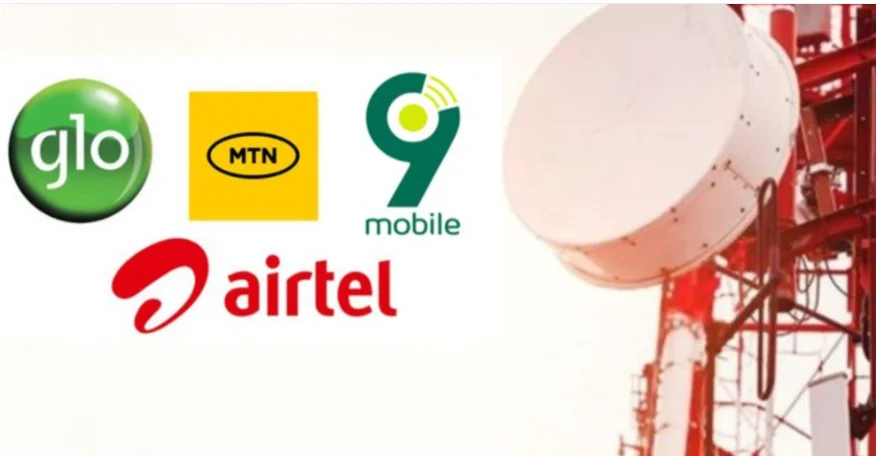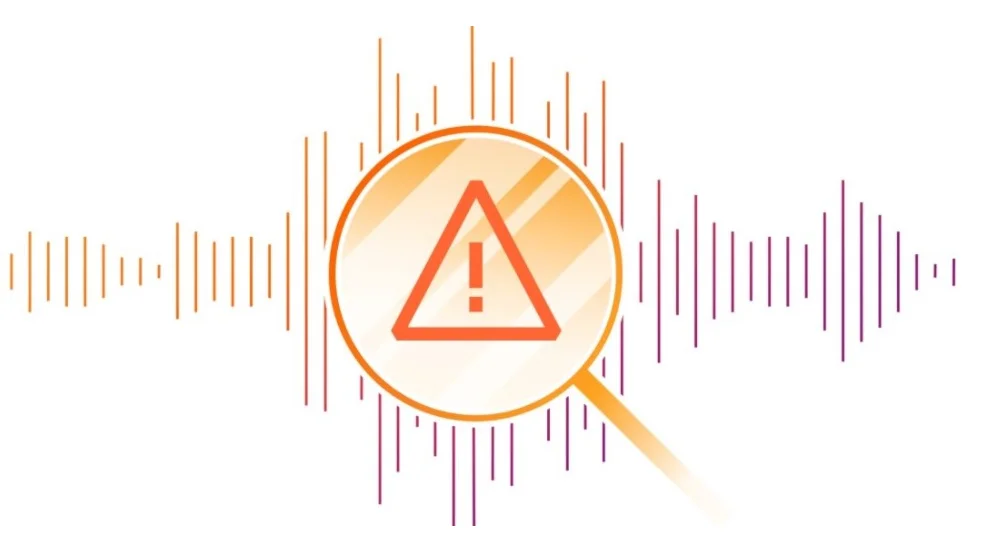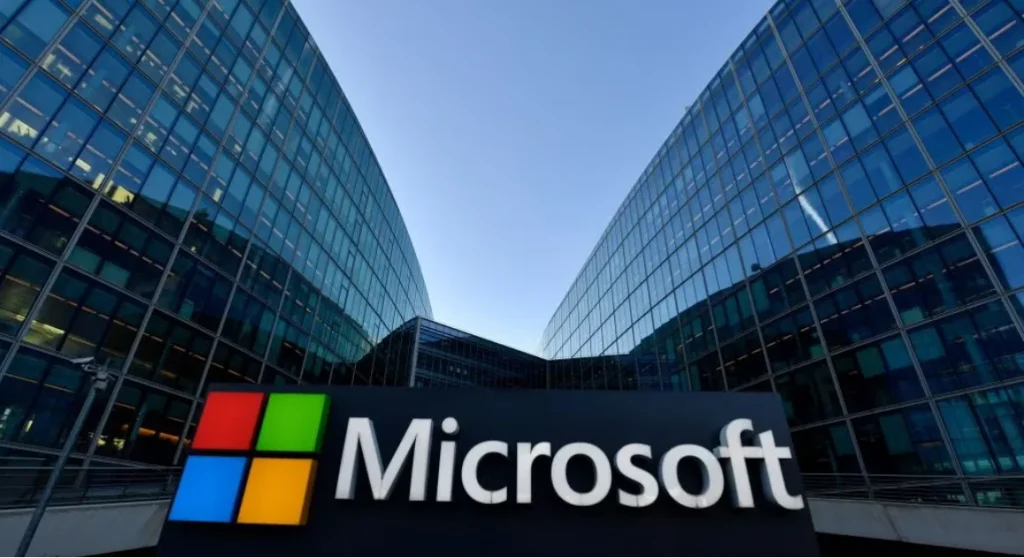NCC Introduces Flexible Licensing Framework to Power Nigeria’s Digital Leap
The Nigerian Communications Commission (NCC) has unveiled a General Authorisation Framework (GAF) designed to promote innovation, support emerging technologies, and expand access across Nigeria’s digital ecosystem.
Unveiled by Dr. Aminu Maida, Executive Vice Chairman of NCC, at a stakeholders’ engagement forum on Thursday, the new licensing regime introduces a dynamic and flexible regulatory structure aimed at replacing rigid traditional licensing systems.
Why the General Authorisation Framework Matters
According to Dr. Maida:
“This reform introduces a flexible and responsive regulatory licensing approach. It is structured to embrace new and emerging services that fall outside the existing license structure.”
With the rapid evolution of global digital ecosystems, the NCC’s existing license framework was increasingly challenged by:
- Emerging technologies
- Novel business models
- Innovative services
Key Components of the New Licensing Framework
The General Authorisation Framework (GAF) includes three core regulatory instruments designed to foster innovation while ensuring consumer protection:
1. Proof-of-Concept (PoC) Pilots
Allows innovators to test new services and technologies in live environments to validate feasibility and performance before scaling.
2. Regulatory Sandbox
A controlled testing environment where startups, telecom giants, and service providers can trial experimental solutions under NCC supervision. This includes technologies such as:
- Open Radio Access Networks (Open RAN)
- Dynamic spectrum sharing
3. Interim Service Authorisation
Enables provisional operation of services that don’t fit within existing licensing categories, giving regulators time to create structured policies.
NCC Encourages Industry Collaboration
Dr. Maida called on:
- Mobile Network Operators (MNOs)
- Service providers
- Infrastructure companies
- Startups
- Academia and civil society
… to actively participate in shaping the new framework through feedback, partnerships, and co-creation.
Aligning with National Digital Policies
Speaking at the forum, Mr. Usman Mamman, Director of Licensing and Authorisation at NCC, emphasised:
“The rapid evolution of the global digital ecosystem has directly challenged our existing licensing framework.”
The development of GAF followed:
- Extensive research
- Cross-departmental collaboration
- Review of global best practices
It aligns with key national policies, including:
- Nigeria Data Protection Act 2023
- National Broadband Plan
- Nigerian Communications Act (NCA) 2003
Benefits for Nigeria’s Digital Economy
The NCC’s General Authorisation Framework is expected to:
- Promote digital innovation
- Support emerging technologies
- Ensure regulatory oversight and consumer protection
- Expand Nigeria’s digital access and inclusion
By creating a flexible licensing regime, the NCC is positioning Nigeria as a leading digital economy in Africa, encouraging both local and international investment in emerging technologies.












